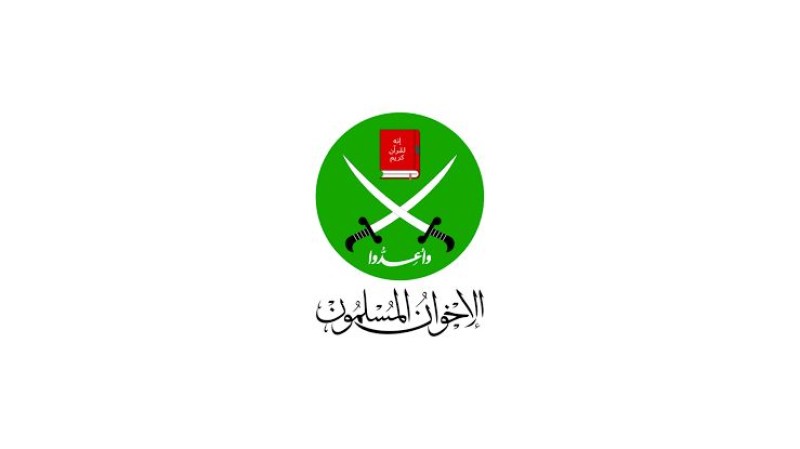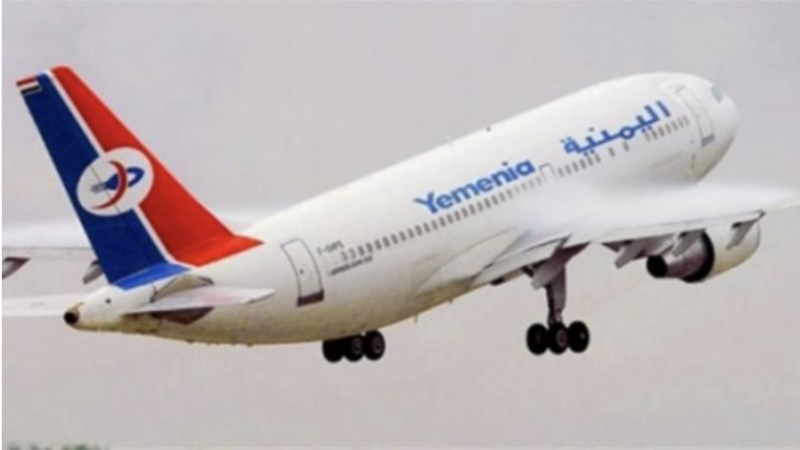Livestock prices skyrocket in Yemen as Eid al-Adha holiday begins


As the livestock prices went up by more than 100 percent in Yemen's capital of Sanaa, many residents have to celebrate the Eid al-Adha, a major festival for Muslims, without sacrificing animals this year.
"It used to cost 50,000 Yemeni riyals (200 U.S. dollars) to buy a sheep. However, it costs more than 100,000 riyals now and an ox is worth more than 1 million riyals," said Mohammad Ali, a resident who came to a livestock market but was shocked by the prices.
"Yemen is the poorest Arab country. The average per capita income here is around 2,200 dollars a year. We couldn't afford to buy a sheep, let alone an ox or cow," Ali said.
Years of brutal civil wars and blockades have decimated Yemen's fragile economy, making what the United Nations calls the worst humanitarian crisis on earth.
"Fewer and fewer people come to buy sacrificing animals," said Muhammad al-Jumai, a livestock vendor in Sanaa, adding "the business plummeted by at least 20 percent compared to last year."
Yemen has been mired in a civil war since late 2014 when the Iran-backed Houthi group seized control of much of the country's north and forced the Saudi-backed government of President Abd-Rabbu Mansour Hadi out of the capital Sanaa.
The war has killed tens of thousands of people, displaced over 3 million, and pushed some 20 million to the brink of famine.

Florida Governor Ron DeSantis has issued an executive order designating the Muslim Brotherhood and the Council on American-Islamic Relations (CAIR)…

Washington — The United States has recently witnessed a wave of controversy after federal authorities halted the granting of citizenship to s…

Aden --  Air traffic at Aden International Airport was suspended on Monday after several flights were canceled due to the absence of landing a…